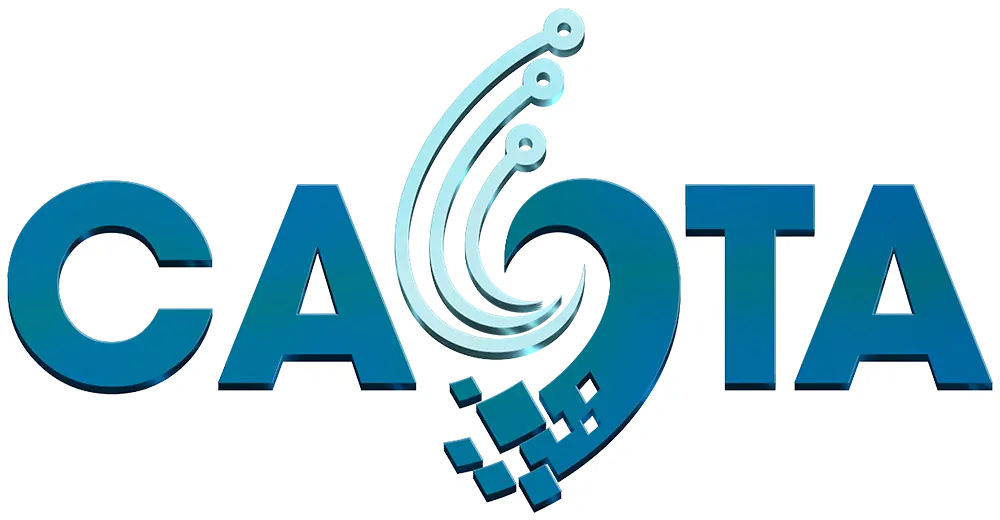The Mekong Delta is one of Vietnam’s key agricultural production regions, contributing over 50% of the country’s rice output, 70% of fruits, and 60% of seafood exports. However, one of the biggest challenges today is how to minimize post-harvest losses, increase product value, and maintain the quality of agricultural produce amid climate change and deeper international integration.
In reality, the Mekong Delta loses millions of tons of agricultural products each year due to improper preservation, lack of technology, or inappropriate technological applications. Tropical fruits such as rambutan, durian, mango, and dragon fruit are highly perishable during transportation and storage, especially during peak seasons. Likewise, vegetables, tubers, rice, and grains are prone to insect infestation, mold, and quality degradation over short periods.
Preservation technology plays a pivotal role in enhancing the efficiency of agricultural production and consumption. Not only does it extend shelf life and preserve nutritional content, but it also helps stabilize market prices, reduce immediate consumption pressure, and create opportunities to access demanding export markets.
Today, a range of advanced preservation technologies has been implemented across the Mekong Delta, including cold drying, rapid freezing, modified atmosphere packaging (MAP), biodegradable biofilms, nano-based preservation, and smart electromechanical systems. These technologies are gradually replacing traditional methods such as sun drying or basic storage, which often result in significant product loss and fail to meet food safety standards.
However, a major barrier remains: high investment costs and a lack of supportive ecosystems for small-scale producers. Stronger collaboration is needed from government agencies, research institutions, businesses, and financial organizations to bring preservation technology closer to cooperatives, small production groups, and individual farmers. If this can be achieved, agricultural products from the Mekong Delta will not only increase in quantity but also improve in quality—empowering them to compete effectively in global markets.
Ngày đăng: 09-06-2025

